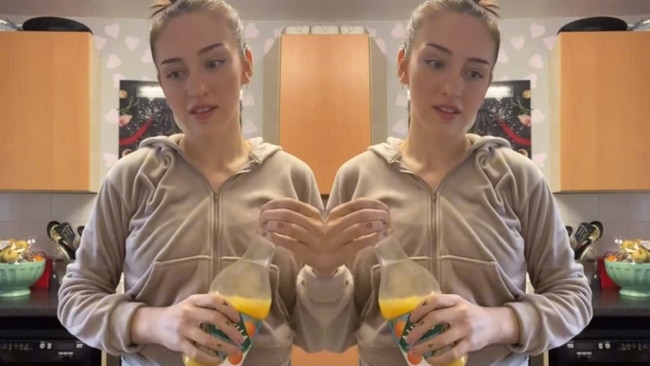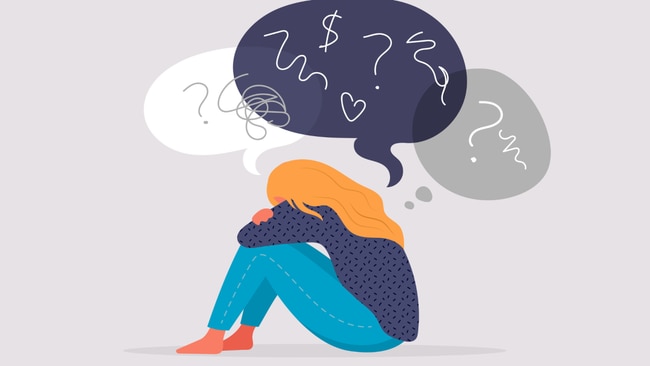Why TikTok is not the place to self-diagnose your ADHD
Or mental health disorders, either.

Neurodivergence
Don't miss out on the headlines from Neurodivergence. Followed categories will be added to My News.
From delaying clearing out your bedside table cups to shaking your leg, just about every ‘habit’ is being said to be a predictor of ADHD on TikTok, but should we really be listening?
Videos on TikTok concerning ADHD have gone through the roof lately, racking up over 2 billion views.
The content usually surrounds creators who have (or say they have ) an ADHD diagnosis, sharing the symptoms they wish they'd known meant they had the condition.
On the platform, this includes everything from getting distracted while going to the fridge, having trouble cooking an ‘actual meal’ and even the simple art of shaking your leg.
Like what you see? Sign up to our bodyandsoul.com.au newsletter for more stories like this.
However, experts are concerned that these activities, which in some instances could be ADHD ‘stims’ or proof of attention deficit, are also things that happen to people who do not suffer ADHD.
According to Director of the ADHD Foundation, Dympna Brbich, this content has people worried.
“Social media can indeed help reduce mental health stigma and improve health literacy; however Australian ADHD Foundation National Helpline (1300 39 39 19) has received many calls from the community raising concerns regarding misinformation and the potential for illness/health anxiety (“cyberchondria”) due to the volume of unmoderated, user-generated content online,” she explains.
She adds that there is just such a wealth of content out there that cannot be comprehensively fact checked, which can mean people are getting their ‘knowledge’ from unconfirmed sources.
“In Australia alone, there are over 200 social media platforms, and because the platforms use proprietary algorithms that focus on increasing user engagement, they may promote videos that do not necessarily reflect accurate health information, particularly regarding mental health,” she adds.
“We would conclude and agree with recent reviews that the prevalence of health misinformation is high across almost all social media platforms and is particularly challenging for people with ADHD who are searching for answers or a confirmation of an ADHD diagnosis.”
Currently, the ADHD Foundation believes that there is a lot more research required to understand the full impact of ADHD-related misinformation on TikTok.

“We know that it is the least studied of the major social media platforms to date, and those seeking help should be aware of the dissemination of misleading videos and the potential impact of misinformation to a vulnerable community,” she adds.
Of course, this also relates to other illnesses, in particular mental health. There is a lot of information on ways to treat and handle mental health that is not being disseminated by professionals, and could be misleading.
While it is perfectly safe to use platforms like TikTok, you should always look to confirm anything you ‘learn’ on the platform with peer-reviewed studies or experts in that field.
Brbich advises that anyone who may think they have ADHD to call click on the Helpline Button to ask their question.
Originally published as Why TikTok is not the place to self-diagnose your ADHD


